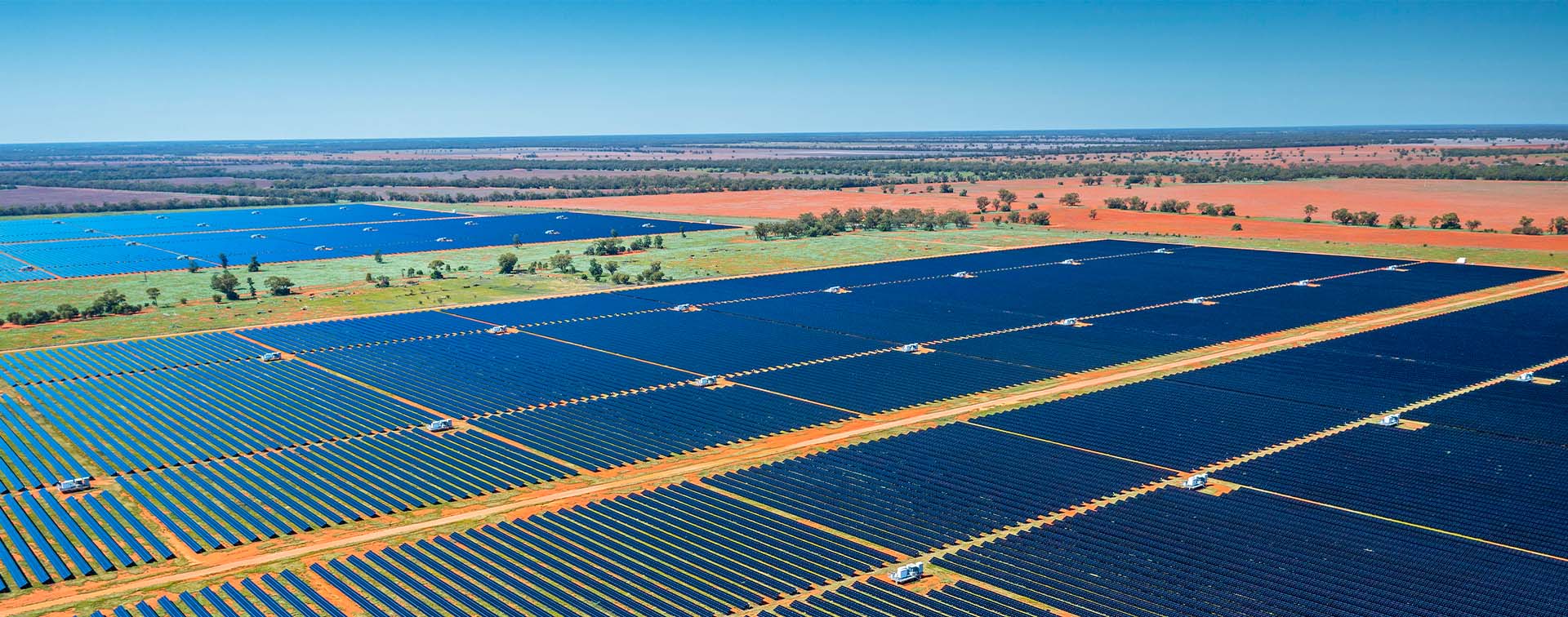1,000 years ago, there were approximately 100 million people on planet Earth, whereas today, according to UN estimates, there are over 8 billion. That’s an 80x increase in just one millennium.
As a result of this population growth, several major countries worldwide now have very high population densities, including the likes of the UK and Germany. The UK has approximately 277 people per km2, while Germany has 238 people per km2 according to the latest World Bank data.
By comparison, the worldwide average is around 60 people per km2, while the USA has 36 people per km2.

Australia: Low in density, high in resources
Perhaps most remarkably, Australia has only 3 people per km2. This is a major advantage for the country for many reasons, including the following:
- Resources: Low population density countries such as Australia have a large amount of resources and land relative to the number of people (namely, high resources per capita).
- Ecological benefits: Having a sparse population means there are more wild open spaces, improving the quality of life for locals and giving wildlife the opportunity to thrive, which boosts eco-tourism opportunities. Notably, over 20% of Australia is protected by national parks, making it one of the most ecologically friendly countries on Earth.
UK and Germany: Disadvantaged by density
On the flip side, the risks to the UK and Germany of having a high population density are wide ranging:
- Resources: Densely populated countries such as the UK and Germany are often heavily reliant on neighboring countries for resources, which can become a major problem, as seen with the nord stream pipeline in Germany.
- Food insecurity: High population levels can lead to over-fishing of the nearby oceans.
- Increase in viruses: The more of a certain species there is, the higher the chances are that a virus will replicate rapidly to reduce its population. The coronavirus pandemic is one such example. There is also a possible link between viruses and environmental damage.
- Greater demand for electricity: The more humans there are, the more power they need. Most power stations damage the environment. Fossil fuel power stations emit large amounts of carbon dioxide into the atmosphere, leading to climate change, while wind power stations kill significant numbers of birds, especially birds of prey.
- More plastic and other waste: The average person consumes a large number of items that have plastic and other waste byproducts.
- Environmental issues: River systems are negatively impacted by sewage and other waste in densely populated areas. Air quality can be negatively impacted in densely populated areas due to air pollution, and there is less space for trees, which produce oxygen and absorb carbon dioxide.
High population density also has negative environmental consequences for other animals including:
- De-forestation, which leads to loss of habitat.
- Less space for nature reserves and wild spaces.
- Livestock are often treated poorly. Many live in artificial warehouse type environments and are not allowed to roam free.
- Over-hunting and over-fishing.
- Pollution of river systems impacts on dependent fish and animals.
- Animals, including rare and endangered animals such as albatrosses and turtles, die after eating plastic in the oceans.

